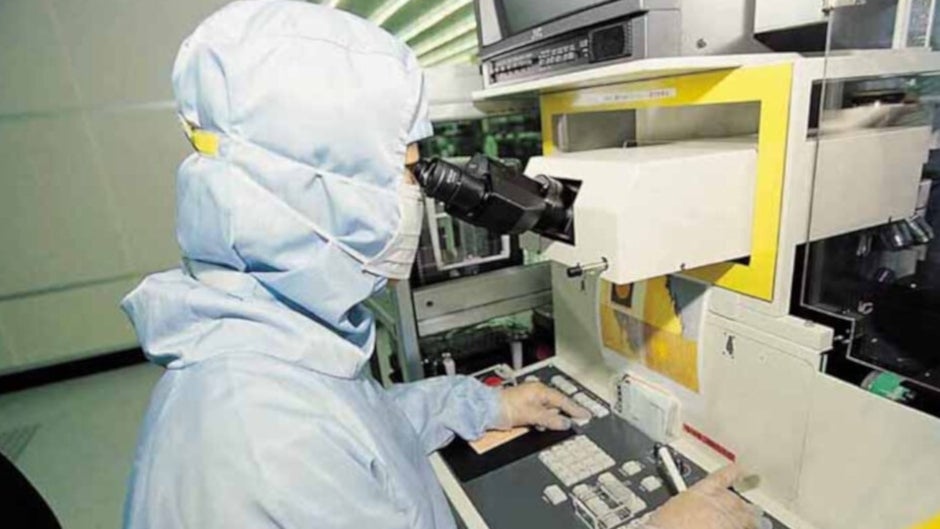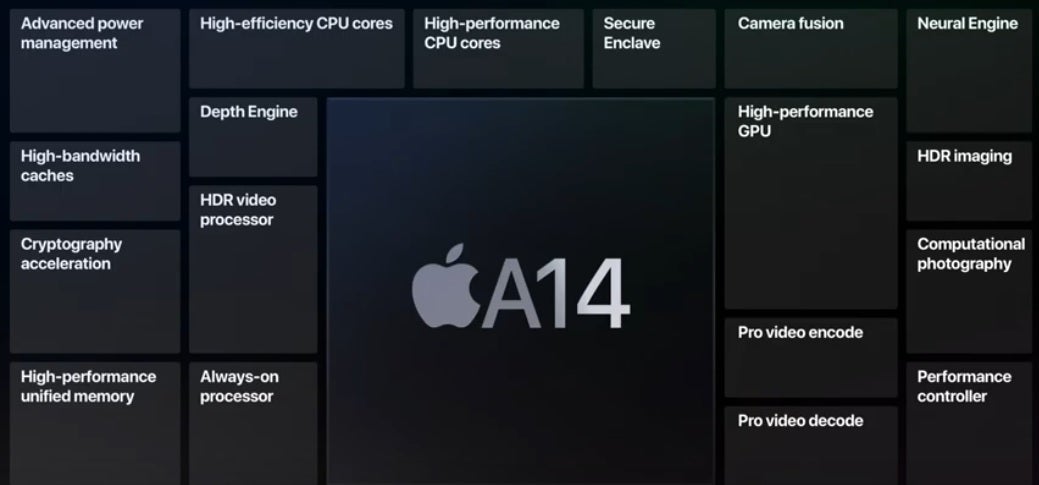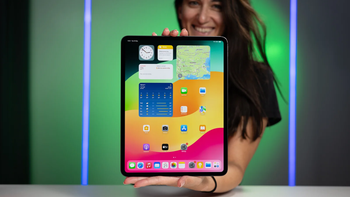U.S.-China trade battle could impact Apple chip supplier TSMC

As the world's largest contract manufacturer, TSMC turns chip designs into tangible components for many big name tech firms including Apple, MediaTek, and others. Huawei was once on that list as the foundry's second largest customer after Apple until the U.S. changed its export rules blocking the beleaguered firm from receiving product from TSMC. With its star-studded customer list, TSMC is in a position where political tension could exacerbate the current chip shortage thus limiting the number of handsets that manufacturers can turn out.
U.S.-China trade tensions could affect TSMC's timing as it heads toward 3nm process node
This past Friday, TSMC released its annual report in which it discussed U.S.-China trade tensions and how they could lead to the failure of TSMC to receive key equipment supplies from its U.S supply chain. U.S. firms like Applied Materials Inc. and Lam Research Corp. provide the foundry with some of the gear needed for TSMC to manufacture chips. Additionally, the trade tensions could prevent TSMC from receiving important raw materials used in the production of chips.

TSMC manufacturers Apple's 5nm A14 Bionic chipset
The U.S. has been trying to keep cutting-edge chips out of the hands of any company that does business with the Chinese military and TSMC is apparently following suit. For example, the South China Morning Post recently reported that the foundry suspended new orders from Tianjin Phytium Information Technology Co., a firm already blacklisted by the U.S. for its alleged role in building supercomputers for the Chinese military. Last week, two Republican lawmakers, Texas Congressman Michael McCaul and Arkansas Senator Tom Cotton, said that Taiwan firms like TSMC should not be producing cutting-edge chips for China's military.
Thanks to the pandemic, TSMC had a very tough year in 2020. But the company recently released its annual stockholders' report for 2020 and said, "For TSMC, although 2020 was a year of extraordinary challenges, it was also a year of significant growth and progress. Facing upheaval brought by the global COVID-19 pandemic as well as geopolitical tensions, we worked dynamically with our customers, and doubled down our commitment to technology leadership, manufacturing excellence, and customer trust."
Continuing, TSMC said "In 2020, we delivered an eleventh consecutive year of record revenue, thanks to strong demand coming to our industry-leading 5-nanometer (N5) and 7-nanometer (N7) technologies. Our revenue increased 31.4% year-over-year in US dollar terms, as compared to about 10% year-over-year growth for the semiconductor industry." Sounds to us as though TSMC had a good year.
China is looking to become independent when it comes to chipsets so that it doesn't have to worry about the U.S. banning other phone manufacturers based in the country from purchasing chips like it did with Huawei. For example, Chinese phone producers Oppo and Xiaomi are planning on producing their own 5G chipsets to make sure that they don't end up like Huawei, scrambling to find a foundry that doesn't need to follow U.S. rules to ship cutting-edge chips to them.
Despite the new administration that took over in the U.S. in January, the U.S. and China continue to have problems when it comes to a meeting of the minds on trade and security. Taiwan is hoping to avoid getting tangled up in U.S,-China relations. One way that TSMC hopes to curry favor with U.S. lawmakers is through a factory it is building in Arizona that will start production of 20,000 wafers per month in 2024 using the 5nm process node.
TSMC will be taking its process node down when volume production of 3nm chips starts during the second half of next year. These components are expected to deliver performance gains of up to 15% and up to a 30% reduction in power use. If TSMC is prevented from obtaining supplies from its U.S. partners, this timing might have to be changed.
The best deals on the Apple iPhone 12 Pro from Verizon, AT&T, T-Mobile, and unlocked, can be found right here.
Follow us on Google News













Things that are NOT allowed:
To help keep our community safe and free from spam, we apply temporary limits to newly created accounts: